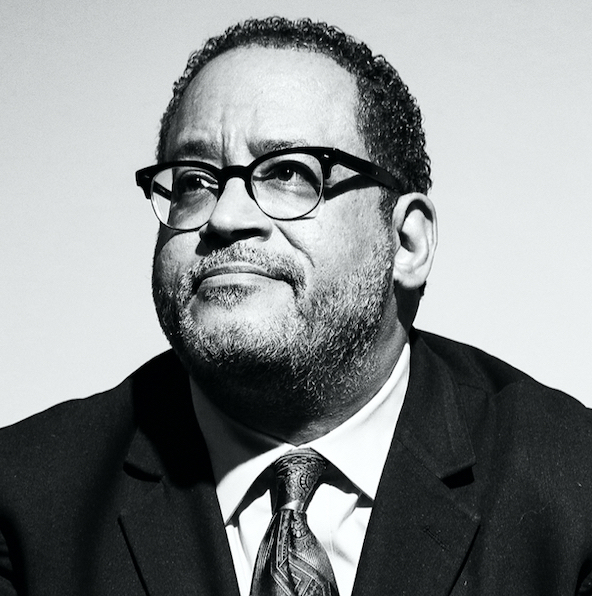Over the last several years in Philadelphia, we have witnessed the erection of the first monument to a Black man in our city, abolitionist Octavius Catto; the first mural to a legal and civic giant, A. Leon Higginbotham, Jr.; a community effort to rename a street from Taney — named for the Supreme Court justice who wrote the Dred Scott decision — for Caroline LeCount, Philly’s own Rosa Parks; and a school renamed from racist president Andrew Jackson to former slave-turned-educator Fanny Coppin Jackson.
Like these people, to me, the All Stars are the everyday folks who are doing the heavy lifting for their race and culture: Teachers, sanitation workers, people who work the traffic lights and run nurseries — both for kids and for your grass — the people who are clerks in local stores. They are the preachers who reach masses of people on a daily basis; the writers whose praises don’t get as well-sung as they should; the social activists who are out there trying to make a better life for us even when we don’t understand what’s at stake.
These are the people Dr. Martin Luther King, Jr., referred to as the “ground crew without whose labor and sacrifices the jet flights to freedom could never have left the earth.”
10
Stephen Smith
Businessman
Stephen Smith
Businessman
1797-1873
Stephen Smith was born in Dauphin County, Pennsylvania to an enslaved mother. He purchased freedom from indentured servitude at 21 for $50, and promptly opened a lumber business. Alongside his business partner, William Whipper, he was greatly successful in the lumber market and extended his ventures to real estate, railroad cars, coal, and stock market investments.
Smith came to be one of the wealthiest Black Americans of the 19th century and contributed much of his wealth to the abolitionist cause. He served as a chairman of the African American Abolitionist Organization in Columbia, Pennsylvania and attended conventions for free Black people in New York and Philadelphia. In 1835, a White mob group vandalized his office, destroying his records — prompting Smith to move to Philadelphia and reenter the lumber business to regain his financial standing.
Frustrated with the incident and overall discrimination that northern Black people faced, Smith stepped up his abolition efforts even more. He purchased Pennsylvania Hall for abolitionists to hold their meetings and assisted with the Underground Railroad until the Fugitive Slave Act passed, causing Smith, Whipper, and 15,000 other free Black Americans to flee to Canada.
Accomplishments:
- Chairman of African American Abolitionist Organization
- Helped 15,000 Black Americans remain free
- One of the wealthiest Black Americans of his time
Read more about Stephen Smith: Black Past, Steven Smith (1795-1873)
Reporting by Aly Kerrigan and Ethan Young.


